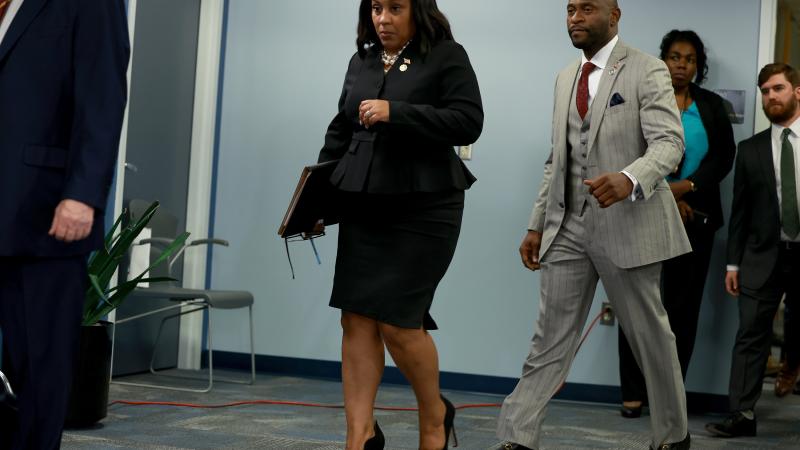Amash says House members won't be able to read 2,100-page stimulus bill before vote
"I think we're heading for a [financial] catastrophe but you don't have either party concerned about it right now. And the country is run kind of like a triumvirate," Amash says, referring to Mnuchin, Pelosi and McConnell.
Michigan Libertarian Rep. Justin Amash told Just the News that lawmakers wouldn't have enough time to review the 2,100 page HEROES Act 2.0, the next coronavirus stimulus bill, before the expected vote in the House on Wednesday evening.
Rep. Thomas Massie tweeted on Wednesday about the release of the full legislative text of the bill.
"For those of you who can speed-read, the 2153 page 'Heroes Act 2.0' that we could be voting on as early as tonight was just released," he wrote.
Amash said that Congress is "only nominally a legislative branch at this point."
"We wait for a couple people to tell us what the law will be, and then we vote as a mere formality. Most members of Congress never read any of it and only vaguely know what they’re voting on," he tweeted.
House Majority Leader Steny Hoyer said on Wednesday the bill would likely pass in the evening. The expected vote was ultimately delayed.
The original HEROES Act was $3.4 trillion and the new version is $2.2 trillion. Amash, who said he's voting against the bill, was asked about the deficit and debt hitting record levels.
"I think we're heading for a catastrophe but you don't have either party concerned about it right now. And the country is run kind of like a triumvirate where you have Steve Mnuchin, acting on behalf of the president," Amash said on Capitol Hill Wednesday ahead of the vote. "You've got Nancy Pelosi, and you've got Mitch McConnell, and they basically tell people how to vote and then people just rubber stamp it. Just go in there. And it's a formality."
Amash recommended opening up the legislative process as a way to reduce the record level of federal spending taking place.
"That's the most important thing, open up the House floor, open up the Senate," he said. "We open it up, let people offer amendments, let people offer ideas, you'd actually resolve these issues a lot faster. This idea that it would take longer to go through the process is wrong, you'd actually resolve the issues faster."
Amash elaborated on his view of reforming the legislative process to prevent the House or Senate leadership from writing a large bill and then putting it up for a vote shortly after it is released without much debate.
"You put some kind of base idea on the floor, and then you give members a week, two weeks, maybe three weeks or more, to go through the legislation, we would have actually resolved a lot of this a long time ago. And at the end of the day, people will be more willing to accept what happens because they at least have their chance to have a say in the process," he said.
"They put their voice out there and maybe they lose, maybe they don't get their amendment on, but at least they got to participate. And they can go back home and tell their constituents, 'Hey, I offered our idea, and it wasn't accepted.' And now people can can move on to another idea," he added.















